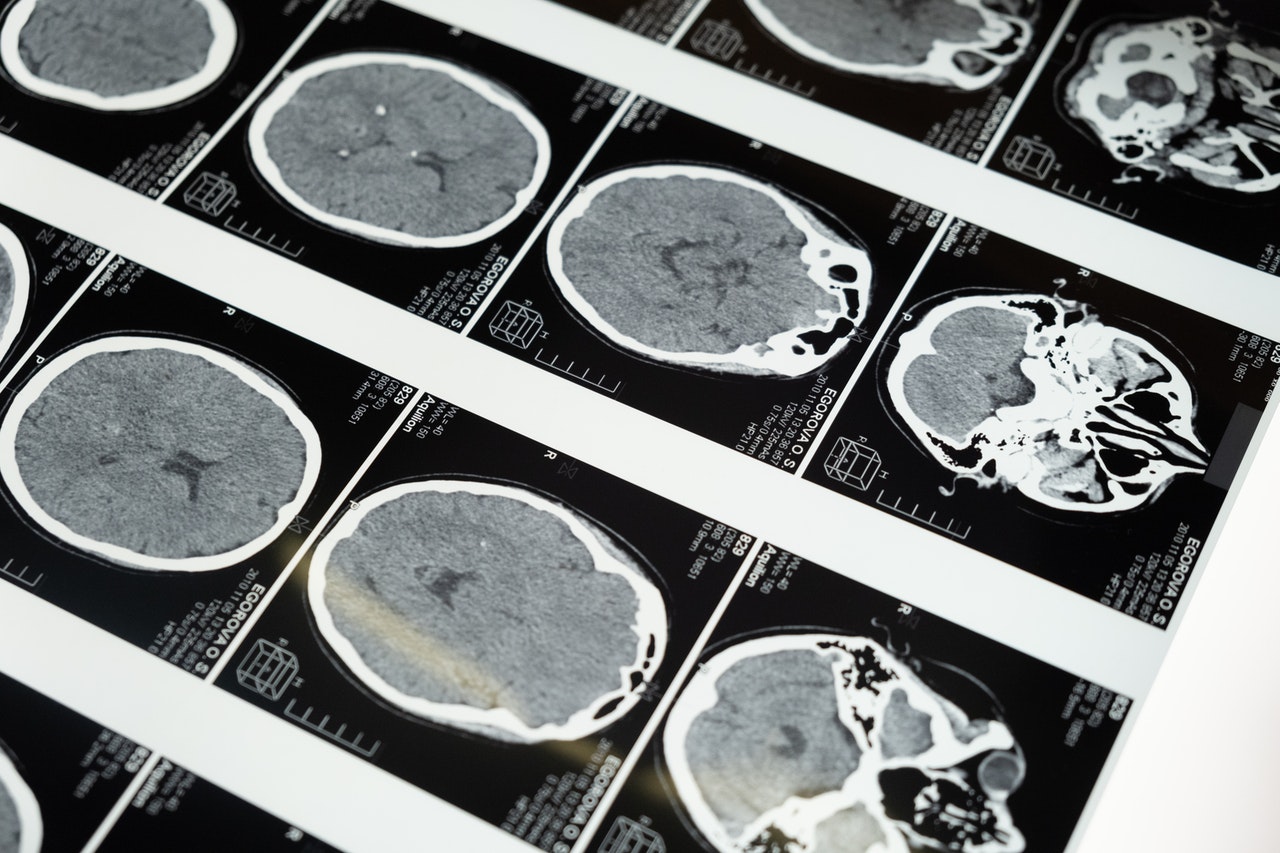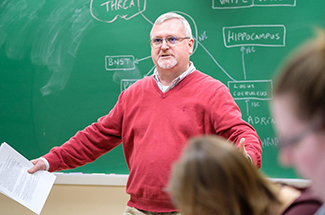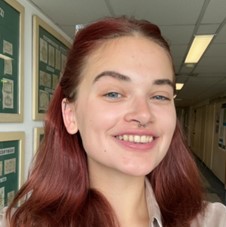
Why Study Neuroscience at K?
As a Kalamazoo College neuroscience student, you will dive deep into the structure and function of the human nervous system as you explore its role in human health and behavior.
Why do you remember some details but not others? How does your arm know to move based on your thoughts? How do your upbringing and genetics affect your cognitive ability? Why are some folks more biologically resistant to medication than others? These are just a few of the core questions you will explore as a neuroscience student.
As a deeply interdisciplinary field, you will take courses in biology (e.g., Neurodegenerative Disorders), psychology (e.g., Physiological Psychology), philosophy (e.g., Logic and Reasoning), and computer science (e.g., Cognitive Science) as you learn about neuroanatomy and its role in human behavior.
The wide breadth of coursework required for a neuroscience concentration will prepare you for a variety of careers, including in medicine, pharmaceuticals, artificial intelligence and cognitive science.
What can you do with a Neuroscience Concentration?
Below are some of the careers, employers, and graduate schools of our neuroscience alumni.
Careers
- Physician
- Professor
- Behavior Therapist
- Veterinarian
Employers
- National Institute of Health
- Charles River Laboratories
- Western Michigan University
- Pfizer
Graduate Schools
- University of Michigan
- Ohio State University
- University of Wisconsin-Madison
- Harvard Medical School
Meet the Current Departmental Student Advisor
What is the best thing about being part of this department?
This is one of the most interdisciplinary departments on campus and introduces students to many diverse skills and concepts.
What is your biggest piece of advice to first-years and sophomores about getting connected to this department?
Take classes across many different disciplines to get a broad background in biology, chemistry, philosophy, physics, computer science, and psychology. From these different courses, try to begin making connections and relate them to the field of neuroscience. This will help you greatly once you begin to take higher levels courses in the department.
What drew you to the department?
Since my freshman year of high school, I knew I wanted to study neuroscience. I was drawn to K’s department because of its small, close-knit nature. I wanted to create strong relationships with the professors in the department and my peers. Furthermore, the related departments (e.g., Biology, Chemistry, and Psychology) are known for their strength, especially in terms of graduate school preparation.
What is your favorite thing about K?
I enjoy the collaborative and supportive culture that is fostered by professors and students.
What is your Senior Integrated Project (SIP)?
Connecting RNA Methylation with TDP43 Autoregulation and Mislocalization in ALS/FTD
What are your career aspirations/next steps after K?
After K, I plan to attend graduate school for a PhD in Neuroscience. My long-term career aspirations are to be a professor, with hopes of teaching and conducting research at a high level.
Faculty
Robert Batsell (Co-chair), Professor of Psychology. BA Southern Methodist University MS, PhD Texas Christian University
Peter Erdi (Co-chair), Luce Professor of Complex Systems Studies. MSc L. Eotvos University, Budapest MSc Technical University of Budapest PhD, DSc Hungarian Academy of Sciences
Blaine Moore, Professor of Biology. BS University of North Florida PhD University of Florida


